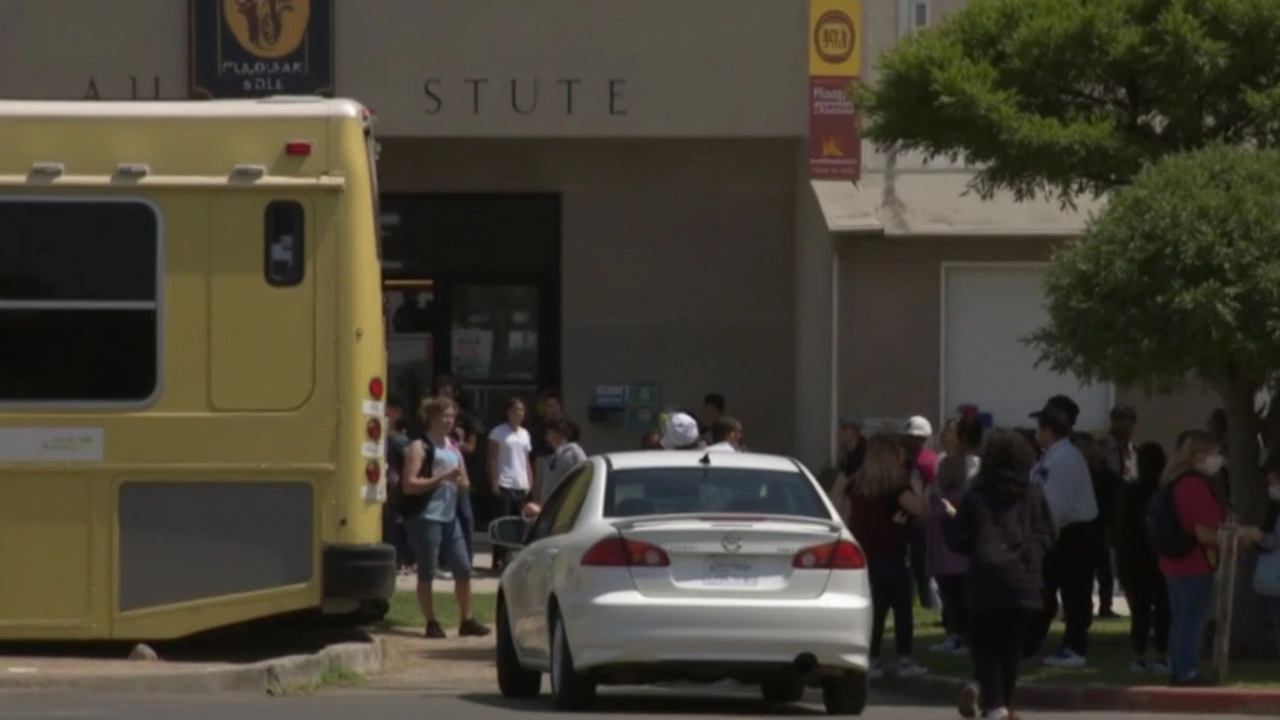Celebrated Scientist Arrives at FSU to Steer Spatial Data Science Initiative
Picture the world on a multi-layered map — cities, neighborhoods, forests, even entire populations, all revealing hidden relationships with just the right data analysis. That’s the realm of Spatial Data Science, and few have shaped it more than Dr. A. Stewart Fotheringham. Now, Florida State University (FSU) has managed to bring him on board. He’s not just another professor; he’s the guy who invented Geographically Weighted Regression (GWR), a technique that’s changed how we study everything from city traffic to infectious disease outbreaks.
Fotheringham steps into a dual role at FSU: Krafft Professor of Spatial Data Science and founding director of the new Spatial Data Science Center (SDSC) in the College of Social Sciences and Public Policy. The move isn’t just about one hire. It signals FSU’s ambition to become a key player in the fast-moving world of spatial analytics — a field that’s changing how experts approach real-world problems like health inequality, crumbling infrastructure, and environmental risks.

What Makes Fotheringham’s Arrival Such a Big Deal?
Let’s get specific. Fotheringham’s name pops up almost everywhere spatial data is discussed — from public health officials tracking infection clusters, to urban planners trying to predict how new roads will change traffic patterns. His brainchild, Geographically Weighted Regression, lets researchers account for those local quirks that used to skew national averages: why a disease might hit one neighborhood harder than another, or why a certain part of town stays cooler in a heatwave. Instead of oversimplifying, GWR slices through the noise.
His résumé isn’t thin, either. With 12 books and over 250 research papers, Fotheringham is cited over 45,000 times — putting him in the world’s top 1% of most-referenced scientists. This isn’t just academic trivia. Other universities have fought to keep him, and he’s set up successful research centers from Scotland’s University of St. Andrews, to Ireland’s National Centre for Geocomputation, and even at Arizona State University’s Spatial Analysis Research Center. The pattern is clear: where Fotheringham goes, interdisciplinary teams and innovation follow.
His recognition stretches across the Atlantic: he’s in the U.S. National Academy of Sciences, the UK Academy of Social Sciences, Academia Europaea, and is a Fellow of the American Association of Geographers and the University Consortium for Geographic Information Science. It’s a rare résumé stacked with honors from scientific communities that don’t always mix.
So why does FSU want him now? Data science is everywhere, but spatial data science takes it further — looking not just at numbers, but where those numbers happen. With more universities putting resources into these tools, competition is fierce to lead the pack.
The new Spatial Data Science Center at FSU is designed to be a hub where problems aren’t just studied in theory. Faculty from across campus — sociology, political science, urban planning, computer science, and more — will use advanced computational and statistical tools to actually solve big social challenges. Think health officials targeting specific block-by-block interventions, or planners modeling the impact of a new bus route before any asphalt is poured.
- Health disparities: Identifying where medical support is needed most by mapping disease patterns and access to care.
- Transportation transformations: Figuring out how a single intersection change ripples through a city’s traffic in real time.
- Voting and fairness: Pinpointing areas at risk for gerrymandering or where polling access can tip an election.
- Environmental resilience: Using location-based data to model hurricane evacuation plans or water management strategies.
Pulling in expertise from all these areas, the center will give FSU faculty — and their students — the chance to work at the frontiers of policy, science, and technology.
While lots of universities talk about interdisciplinary work, FSU is betting big on actually doing it, right from the start, with one of the field’s founding trailblazers leading the charge. Fotheringham’s mission? Build a world-class team, equip them with the best tools out there, and point them at the kinds of problems that don’t come with easy answers — but just might get more manageable with the power of spatial data.
